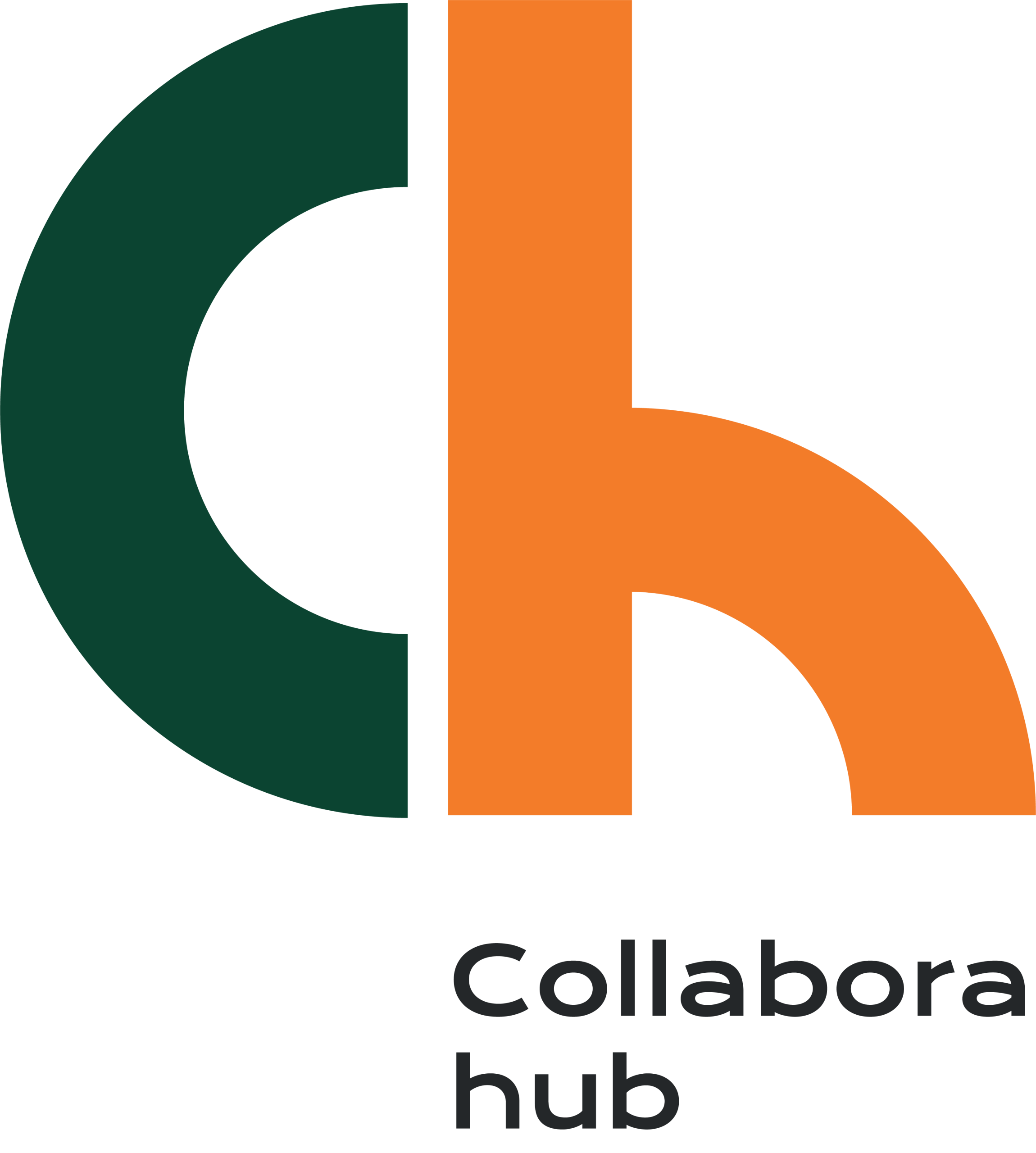Embarking on a freelance journey requires more than just talent and creativity; it demands efficient tools to streamline your workflow, enhance productivity, and manage the various aspects of your freelance business. In this comprehensive guide, we’ll explore a curated list of must-have tools that every freelancer should consider integrating into their toolkit for success.
1. Project Management Tools:
Effective project management is the backbone of a successful freelance career. Tools like Trello, Asana, or Monday.com help freelancers organize tasks, set deadlines, and collaborate seamlessly with clients and team members.
2. Time Tracking Software:
Time is a freelancer’s most valuable asset. Utilise time tracking tools such as Toggl or Harvest to monitor and manage your work hours efficiently. This ensures accurate billing, project transparency, and improved productivity.
3. Invoicing and Accounting Software:
Maintaining financial records is crucial for freelancers. Tools like FreshBooks or QuickBooks can simplify invoicing, expense tracking, and overall financial management, allowing you to focus more on your work and less on administrative tasks.
4. Communication Platforms:
Clear communication is key in freelancing. Platforms like Slack, Microsoft Teams, or Discord facilitate smooth communication with clients and collaborators, enabling real-time collaboration and reducing the chances of misunderstandings.
5. Cloud Storage Solutions:
Securely store and share your work with clients using cloud storage services like Google Drive, Dropbox, or OneDrive. These tools ensure accessibility to your files from anywhere while providing a backup for your important documents.
6. Password Managers:
As a freelancer, you likely deal with numerous accounts and passwords. Simplify your security with password managers like LastPass or 1Password, ensuring strong, unique passwords without the hassle of remembering each one.
7. Graphic Design Software:
For freelancers in design and creative fields, having graphic design software is a necessity. Adobe Creative Cloud, Canva, or Figma provide a range of tools for creating stunning visuals and designs.
8. Social Media Schedulers:
Maintain an active online presence without spending excessive time on social media. Tools like Buffer or Hootsuite allow you to schedule posts across various platforms, ensuring consistent engagement with your audience.
9. Website and Portfolio Builders:
Establish a professional online presence with platforms like WordPress, Wix, or Squarespace. These tools make it easy to create and maintain a website or portfolio, showcasing your work to potential clients.
10. Collaboration Tools:
For freelancers working in teams or with clients remotely, collaboration tools like Google Workspace (formerly G Suite), Microsoft Office 365, or Slack can enhance real-time collaboration and streamline document sharing.
Conclusion:
Equipping yourself with the right tools is essential for navigating the complexities of freelancing. By incorporating these must-have tools into your workflow, you not only enhance your efficiency and productivity but also position yourself as a professional freelancer capable of delivering high-quality work to your clients. Stay ahead of the curve, embrace the power of technology, and watch your freelance career flourish with these indispensable tools in your arsenal.
